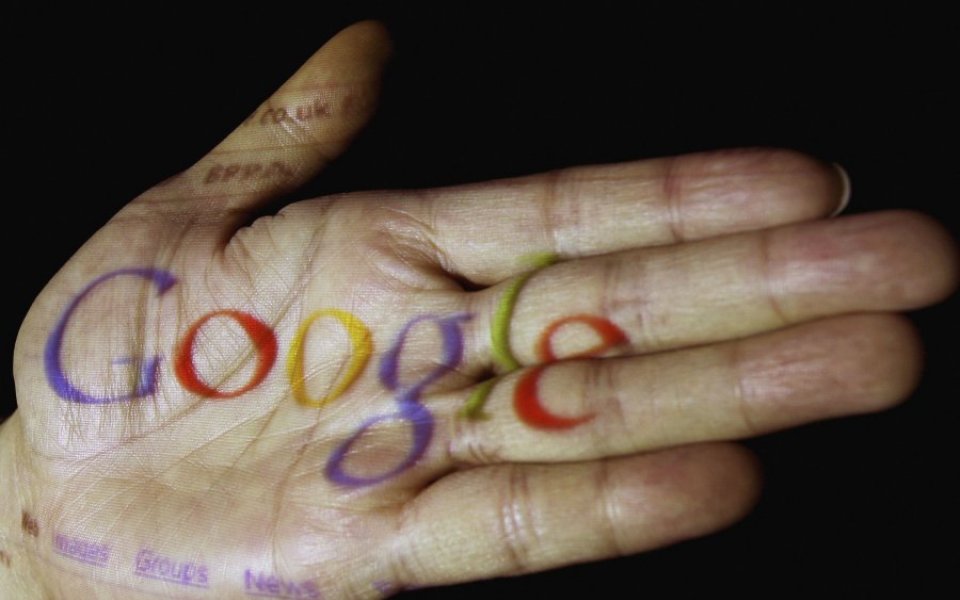Google tax row: Economists and accountants react to this morning’s hearing with the Public Accounts Committee, many concluding that the corporate tax system needs a revamp

From how taxed chair of the Public Accounts Committee (PAC) Meg Hillier's patience was to Google's Europe president Matt Brittin's take-home pay, today's hearing between MPs and Google representatives was a true war of words.
For some observers, though, the debate did not quite hit the mark.
"The focus today around Google’s tax affairs misses the point," said Mark Littlewood, director general of the Institute of Economic Affairs. "We currently have a tax system that is not fit for purpose in today’s world of the internet and multinational companies. Instead of this political debate, we need to concentrate on the flaws of the corporation tax and how we can adjust, and more importantly simplify our tax rulebook to ensure tax measures such as corporation tax are non-contestable."
Stephen Herring, head of taxation at the Institute of Directors, added: "Corporation tax is just too woolly for the 21st century, digital, global economy."
Emran Mian, director of the Social Market Foundation, agreed that parliament would benefit more from aiming to establish a global tax system rather than continuously lecturing large technology companies.
Read more: Ignore Google’s corporation tax bill and scrap the tax altogether
Mian remarked: "It would allow us to settle a high-profile problem – one which looks likely it will only steadily get worse – about how to tax them as well as raising revenues to deal with the major global problems that we’re facing."
Meanwhile, John Cullinane, tax policy director at the Chartered Institute of Taxation (CIOT), was glad the MPs steered clear of muddling sales and profits too much.
"It was good that the committee distanced themselves from the suggestion made by some commentators that Google should be paying UK tax on the whole of its profits from sales to UK customers, with no recognition that the lion’s share of the value of those sales is attributable to its activity elsewhere, especially in the US where the bulk of its product development takes place," Cullinane said.
Read more: Google's profit and Google's sales not one and the same
However, a system unfit for taxing larger companies could be sending out the wrong message to smaller businesses, too.
"Our concern is that HMRC’s settlement with Google perpetuates the impression that big firms can find ways around paying their fair share whilst micro-businesses have to pay in full every time," said Jason Kitcat, micro-business ambassador at Crunch Accounting. "We recognise that international tax rules need reform, but the scale of the tax settlements other European countries are seeking from Google leads us to worry that the UK is being seen as a soft touch for multi-national corporates."
Some onlookers were just shocked to see how much knowledge on tax the MPs lacked, despite debating on that very matter.
"The hearing exposed how little some Committee members knew about the practical application of tax laws enacted by parliament, and the grandstanding and bear-baiting stood in the way of getting clear answers to some very legitimate questions," commented George Bull, senior tax partner at RSM. "A number of the MPs present claimed to have been representing their constituents, but many of those same constituents may well feel let down."
Read more: Public trust in multinationals over tax is at breaking point
Herring added: "The grandstanding by MPs on the PAC, who should know better, is one more reason why taxing multinational companies on their domestic profits, as corporation tax tries to do, is increasingly becoming an impossible task. "